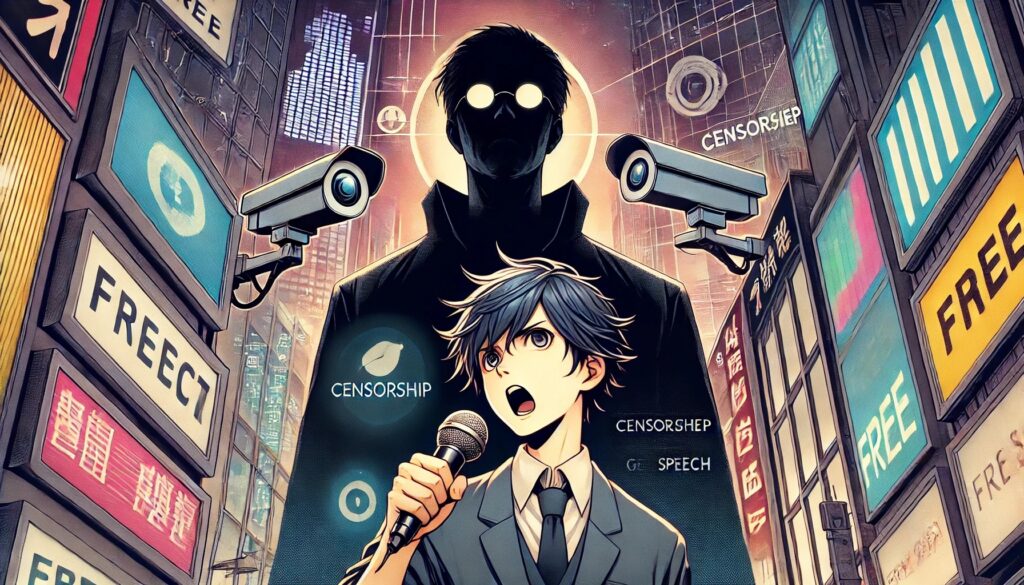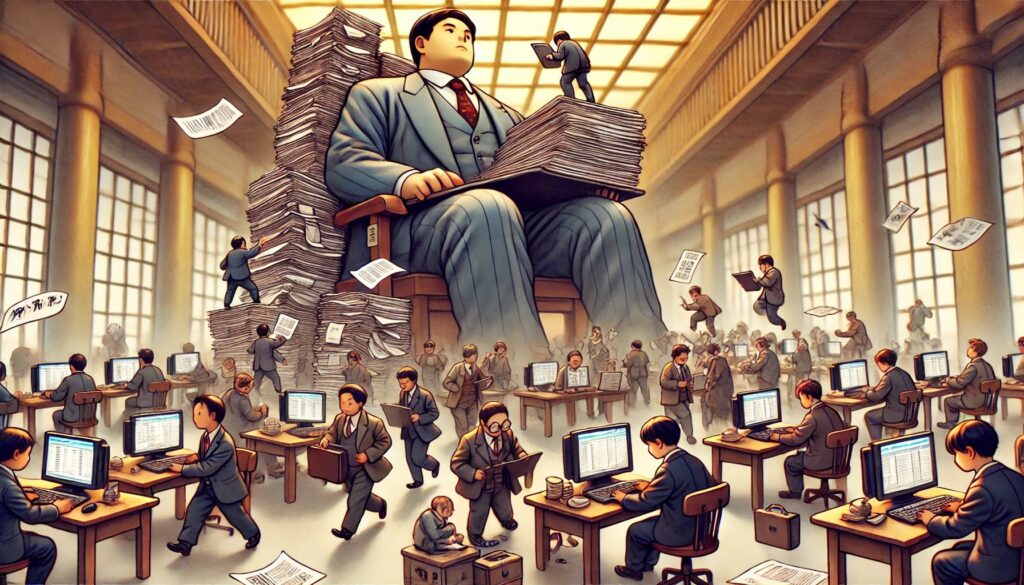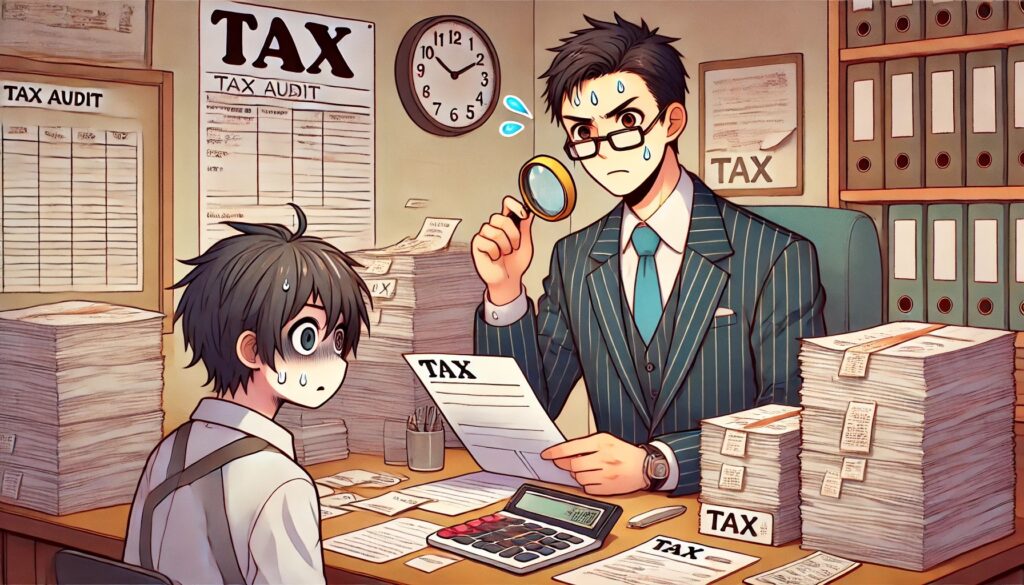A video posted on Facebook was deleted. Could it have been due to pressure from government authorities? The sudden disappearance of the video raises questions about freedom of speech. Was this merely a system error, or was some other force at play?
Pressure from the Ministry of Finance? The Video Was Deleted!
Recently, a video discussing Japan’s fiscal policies and Modern Monetary Theory (MMT) was deleted from Facebook. The content questioned, “Is Japan’s 1,000 trillion yen debt really a problem?” However, the deletion came as a shock.
The description included statements like, “Why does the Ministry of Finance continue issuing government bonds without any intention to stop or repay them? This video delves into the truth behind Japan’s fiscal policies from an MMT perspective! It also exposes the contradictions of fiscal policies, often mockingly referred to as the ‘Zaimu Sect,’ and thoroughly analyzes how government bonds are actually managed.”
For a moment, I thought, “Was this pressure from the Ministry of Finance?” But after calmly filing an objection, it was quickly restored within about 10 minutes. It appears to have been a simple system error.
However, despite also being uploaded to YouTube, the video has garnered fewer than 100 views. Given its use of popular keywords, competition is undoubtedly fierce, yet the low view count remains puzzling.
Is this phenomenon purely coincidental, or is there an unseen influence at work? Does government pressure truly exist?
Cases of Government Pressure in Reality
The idea that “opposing the government will get you erased” is not just an urban legend. What has happened to those who challenged authority?
Ichiro Ozawa and the Fight Against Bureaucracy
Ichiro Ozawa was a key figure when the Democratic Party took power. He advocated for eliminating bureaucratic influence and promoting political leadership, making him one of the most despised politicians among bureaucrats. However, during the Democratic Party’s tenure, he became a target of prosecutors, significantly limiting his political activities. Looking back, figures like Yoshito Sengoku, Seiji Maehara, Yukio Edano, and Yoshihiko Noda emerged as key players in removing Ozawa from power. This was a bitter irony: the party’s founding figure was ultimately ousted in an internal power struggle.
Challenging government authority often invites strong opposition. Furthermore, when people align themselves with power, former allies can turn into adversaries. Ozawa’s case is a prime example of this dynamic. Although he remains in the Constitutional Democratic Party, his influence has waned, and many still hope for his return as a formidable politician.
Livedoor Incident and Horie Takafumi
Takafumi Horie, also known as “Horiemon,” was arrested in connection with the Livedoor incident. But how many people can actually explain what crime he was accused of? Officially, he was charged with violating securities laws (falsifying financial reports), but compared to other corporate financial misdeeds at the time, his punishment was exceptionally harsh. Some speculate that Livedoor’s rapid expansion clashed with the interests of established business and political circles, making Horie a scapegoat.
Since then, Horie has largely refrained from criticizing the government. In recent years, he has taken a more conciliatory stance toward politicians. While he continues to criticize Fuji TV, his remarks about a Ministry of Finance dismantling protest amounted to little more than “They’re doing their best.” For those who admired his past defiance, this shift may be disappointing.
Bureaucrats Are Not Elected by the Public
The impact of a Ministry of Finance dismantling protest may be limited, but its media coverage raises public awareness of fiscal policies and political influences. While Ministry of Finance officials work hard, they are not directly elected by the public. Politicians, chosen by the people, should not be controlled by bureaucrats. Instead, bureaucrats should respect political decisions and focus on implementing policies that reflect the public’s will.
Is Pressure Real on YouTube and Blogs?
A common question is, “Does criticizing the government on YouTube or blogs really result in pressure?” There are rumors that criticizing the Ministry of Finance might trigger a tax audit or that criticizing prosecutors might lead to police scrutiny. But do such things actually happen?
Is a Business Dropping a Contract Considered Pressure?
Some YouTubers claim that demonetization of their videos is a form of pressure. However, isn’t it simply that companies are unwilling to associate with controversial figures? This is more about businesses avoiding risks than about direct government intervention. For example, a recent case involved a major restaurant chain dropping a commercial featuring Shofukutei Tsurube, reportedly due to his association with a controversy surrounding Masahiro Nakai and Fuji TV. Even though his involvement was unclear, his mere presence at a barbecue gathering was enough for the company to distance itself.
This decision was likely a preventive measure by the company to protect its brand image. Rather than external pressure, this seems to be a voluntary risk-avoidance strategy. Companies prioritizing their public image must carefully choose their associations.
Is a Tax Audit a Form of Pressure?
There have been cases where individuals claim they were audited by tax authorities after criticizing the government. While such claims cannot be dismissed outright, proving causality is extremely difficult. Tax audits require substantial time and effort, providing no direct financial gain for the audited party.
Even businesses operating transparently may struggle to justify every single expense. For example, if tax auditors scrutinize even the ink levels of a single pen, they could argue that it doesn’t qualify as a business expense. If the government genuinely targets an individual, resisting such scrutiny is nearly impossible.
Even Horie, who had top-tier lawyers, could not escape arrest. If an ordinary person were targeted, evading consequences would be even more difficult. However, merely undergoing a tax audit does not conclusively prove government pressure—it could be a coincidence or due to pre-existing scrutiny for other reasons.
Conclusion: If You Feel Pressured, Speak Up
Ultimately, cases of direct government pressure are rare. In most instances, businesses and individuals take precautionary steps to distance themselves from controversy, leading to indirect economic consequences rather than overt suppression.
However, if someone experiences a tax audit after criticizing the government or loses a contract due to political speech, exposing such instances is crucial. While proving direct pressure is challenging, if similar cases accumulate, patterns may emerge.
Assessing whether power is being misused depends on each situation. Yet, at the very least, sharing experiences can help build a more transparent society where government influence is openly examined.







